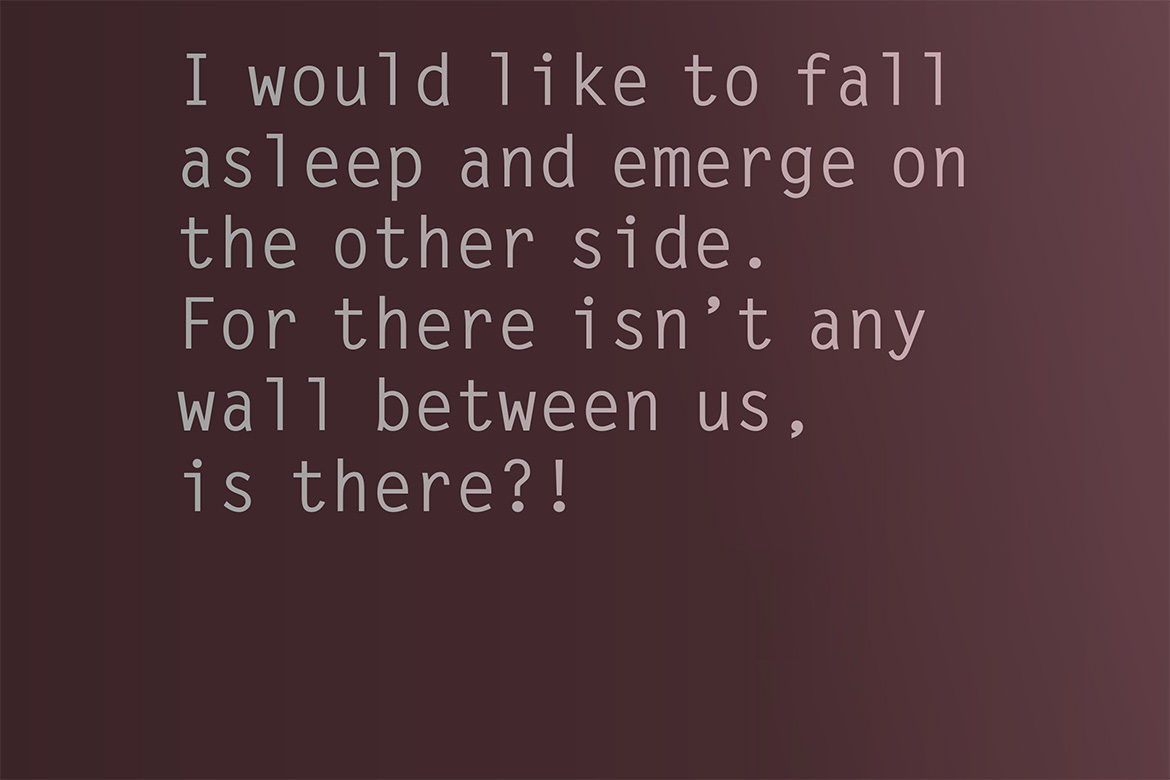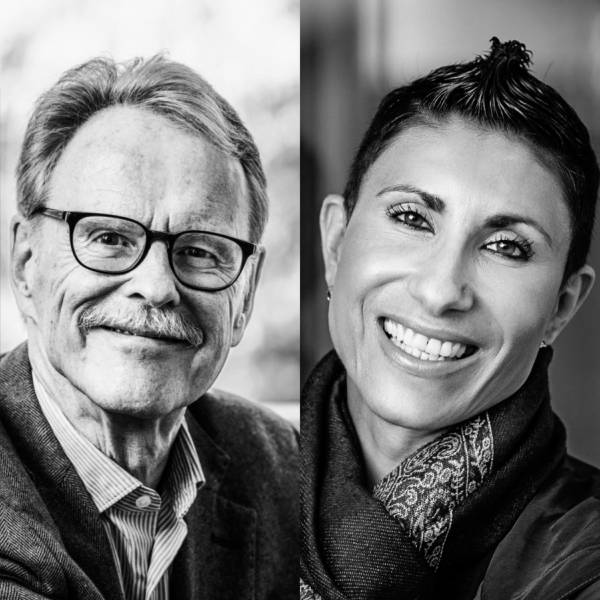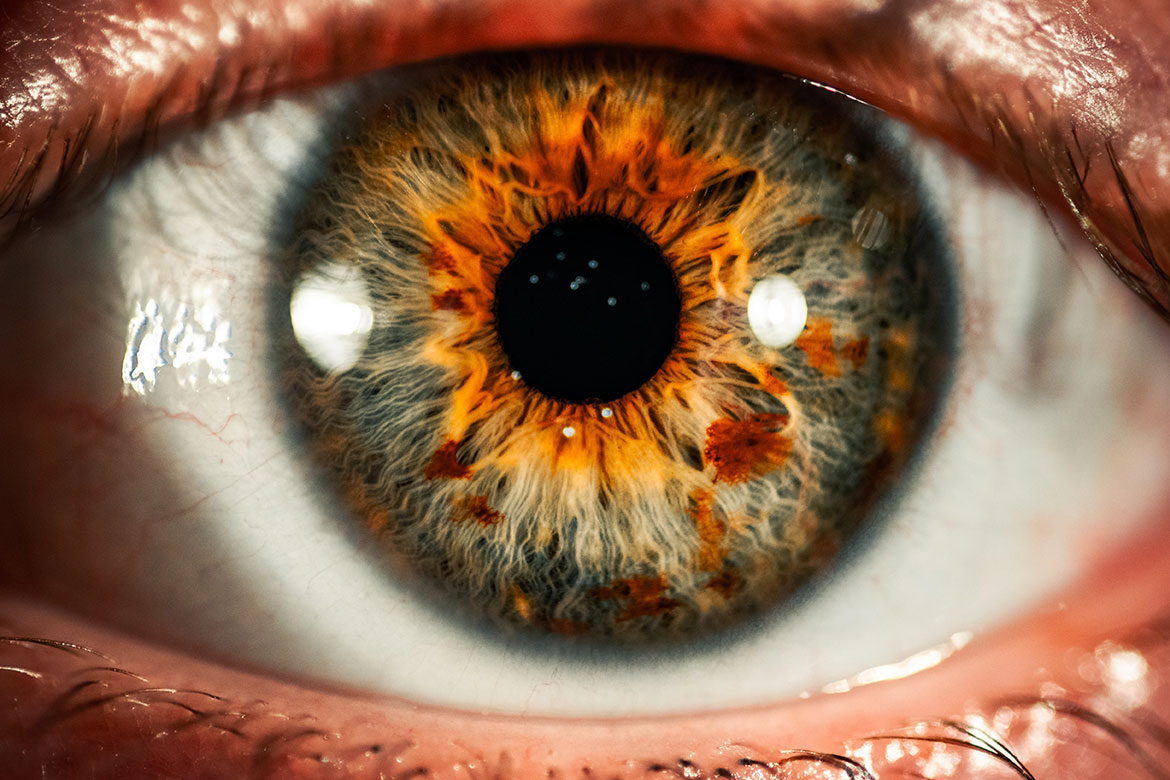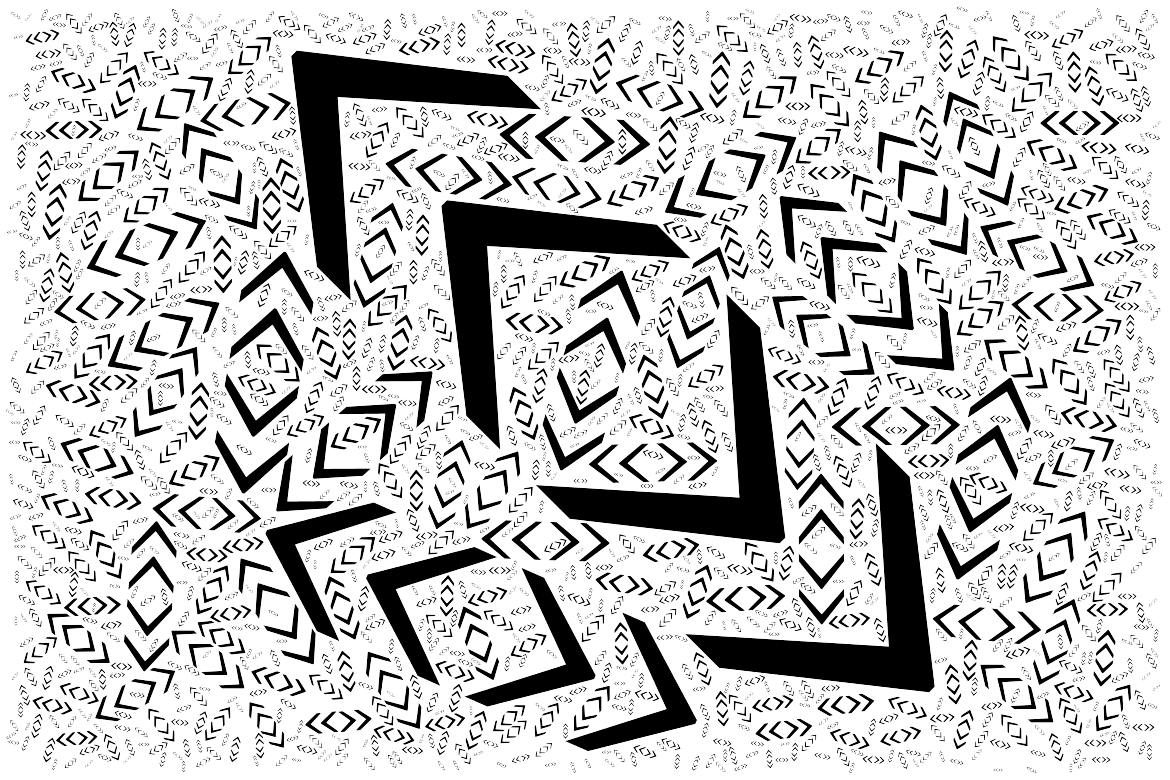Who should light the path to death?
Whether it brings you sadness or relief, shock or closure, as the loved one of a recently deceased person, you face an array of possible emotional paths. For society at large, the reaction can range from the whole topic being a taboo, whereby the corpse is deftly removed from sight, to what is a growing acceptance of this final farewell being a personalisable event. Indeed, the modern world’s foray into individualism has opened the flood gates of yet another social pressure: ‘getting your death right’. According to Daniel Di Falco (p. 12), much like we’re compelled to ace our careers, strike a work–life balance and pull off childbirth without any hitches, we now have also to live in the looming shadow of the ultimate failure: missing the last train. Death is absolute. It’s fatal. There’s no coming back. But take a closer look and this unambiguity vanishes. Biologists actually struggle to define ‘decease’. It turns out to be a process that takes weeks to run its course (p. 15). And there are corollaries to this, particularly when it comes to organ transplant. In the case of death, not even science can give clear-cut answers. In fact, with every new study there’s a chance new issues will surface, be they medical, societal, legal or philosophical. And, as we rummage through them, we each apply our confirmation biases, because there’s nothing universal about death. The way we all deal with it is deeply rooted within our religions, cultures and social groups, as well as our individual selves. The developed world will be increasingly called upon to manage the end of individual lives. Medicine equivocates, aiming both to heal the patient and to offer him or her autonomy. It offers the choice of deciding for oneself when to turn down treatment, to flick the final switch and to accept the inevitable (p. 21). This most intimate of choices may overwhelm us, and so society must hold our hands as we tackle this difficult terrain. Although it’s an individual decision calling for self-determination, we don’t necessarily have to make it alone. CC BY-NC-ND

84-year-old patient with gallbladder cancer, two days before his death. Taken from interviews in the research project “The wish to die in persons with serious illness” by palliative care doctor Heike Gudat.
Whether it brings you sadness or relief, shock or closure, as the loved one of a recently deceased person, you face an array of possible emotional paths. For society at large, the reaction can range from the whole topic being a taboo, whereby the corpse is deftly removed from sight, to what is a growing acceptance of this final farewell being a personalisable event. Indeed, the modern world’s foray into individualism has opened the flood gates of yet another social pressure: ‘getting your death right’. According to Daniel Di Falco (p. 12), much like we’re compelled to ace our careers, strike a work–life balance and pull off childbirth without any hitches, we now have also to live in the looming shadow of the ultimate failure: missing the last train.
Death is absolute. It’s fatal. There’s no coming back. But take a closer look and this unambiguity vanishes. Biologists actually struggle to define ‘decease’. It turns out to be a process that takes weeks to run its course (p. 15). And there are corollaries to this, particularly when it comes to organ transplant.
In the case of death, not even science can give clear-cut answers. In fact, with every new study there’s a chance new issues will surface, be they medical, societal, legal or philosophical. And, as we rummage through them, we each apply our confirmation biases, because there’s nothing universal about death. The way we all deal with it is deeply rooted within our religions, cultures and social groups, as well as our individual selves.
The developed world will be increasingly called upon to manage the end of individual lives. Medicine equivocates, aiming both to heal the patient and to offer him or her autonomy. It offers the choice of deciding for oneself when to turn down treatment, to flick the final switch and to accept the inevitable (p. 21). This most intimate of choices may overwhelm us, and so society must hold our hands as we tackle this difficult terrain. Although it’s an individual decision calling for self-determination, we don’t necessarily have to make it alone.




